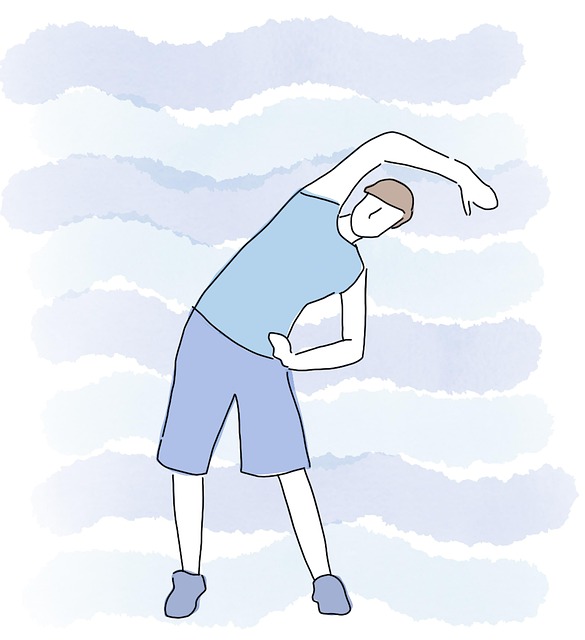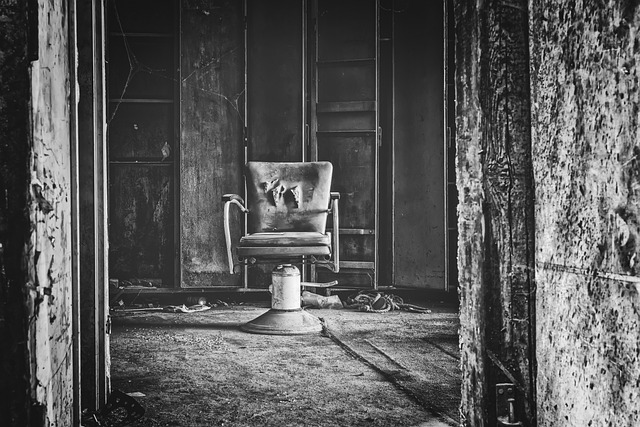Addiction among healthcare professionals, particularly doctors and nurses, is a growing concern within the medical community. High-stress environments, long hours, and trauma exposure contribute to elevated rates of substance use disorders. Stigma surrounding addiction hinders recovery efforts, making confidential and protected treatment programs crucial. Specialized doctor addiction treatment focuses on understanding these unique challenges, offering tailored therapy, support groups, and evidence-based practices while ensuring patient confidentiality and medical license protection. Post-treatment extended care plans further assist professionals in maintaining recovery and resumes their careers discreetly.
In the high-pressure environment of healthcare, medical professionals face unique challenges that can lead to addiction. This critical issue often remains hidden behind the veil of confidentiality, making it essential to explore effective and confidential doctor addiction treatment options. Understanding the prevalence and specific barriers faced by healthcare workers is crucial for addressing this growing concern. From specialized programs to comprehensive aftercare, this article delves into strategies to support and sustain long-term recovery for those in the healing profession.
- Understanding the Prevalence of Addiction Among Healthcare Professionals
- The Unique Challenges and Stigma Facing Medical Workers in Seeking Treatment
- Confidentiality and Privacy Measures for Effective Doctor Addiction Treatment
- Specialized Programs and Therapies Tailored for Healthcare Addictions
- Supporting Long-Term Recovery: Resources and Aftercare for Medical Professionals
Understanding the Prevalence of Addiction Among Healthcare Professionals

Addiction does not discriminate, and healthcare professionals are not immune to its grasp. Despite often facing high stress levels, long hours, and exposure to trauma—factors that can increase vulnerability to substance use disorders—many doctors and nurses struggle in silence due to fear of stigma or career repercussions. Research indicates a significant prevalence of addiction among medical workers, with studies showing rates comparable to or even higher than the general population. This hidden epidemic demands attention, as untreated addiction can lead to impaired patient care, legal issues, and loss of medical licenses—a critical concern for nurse addiction treatment and doctor addiction treatment programs alike.
The stigma surrounding addiction within the healthcare community itself can be a significant barrier to seeking help. Many medical professionals fear judgment or repercussions from their peers and superiors, making it challenging to access the nurse addiction treatment or doctor addiction treatment resources they need. Protecting medical licenses and ensuring confidential addiction treatment is essential for promoting healthcare worker recovery and maintaining patient safety.
The Unique Challenges and Stigma Facing Medical Workers in Seeking Treatment

Medical workers, including doctors and nurses, often face unique challenges when it comes to seeking help for addiction due to several factors. Firstly, the demanding nature of their work can lead to prolonged exposure to stressful situations, which may contribute to or exacerbate underlying substance use disorders. These professionals are also held to incredibly high standards, both personally and professionally, creating a significant pressure that can be difficult to manage without support.
The stigma surrounding addiction within the medical community adds another layer of complexity. Medical workers might fear judgment or worry about how seeking treatment could impact their career, including their medical license protection. This internalized stigma often prevents them from proactively addressing their issues. As a result, many healthcare professionals struggle in silence, which can have severe consequences for both their well-being and patient care quality. Therefore, specialized doctor addiction treatment programs tailored to understand these unique challenges are crucial to fostering recovery and ensuring the best possible patient outcomes.
Confidentiality and Privacy Measures for Effective Doctor Addiction Treatment

In the sensitive realm of doctor addiction treatment, confidentiality and privacy are paramount. Healthcare professionals and medical workers seeking help for their addictions need a safe space to address their struggles without fear of exposure or repercussions that could affect their careers. Robust confidentiality agreements and secure data storage protocols ensure that personal information remains strictly confidential, fostering trust between patients and treatment providers. This, in turn, encourages honest discussions about addiction, substance abuse, and mental health challenges, facilitating more effective doctor addiction treatment.
Medical license protection is a crucial consideration for healthcare workers undergoing nurse addiction treatment or seeking help for other medical professionals’ addictions. Treatment facilities must adhere to stringent privacy standards, ensuring that any records or communications related to patient care remain strictly confidential. This not only protects the medical license but also empowers individuals to prioritize their health and well-being without worrying about potential career-threatening consequences. Such measures create a supportive environment conducive to recovery, enabling healthcare workers to focus on healing and returning to their vital roles in serving others.
Specialized Programs and Therapies Tailored for Healthcare Addictions

Many healthcare facilities now recognize the unique challenges faced by doctors and nurses struggling with addiction. This has led to the development of specialized programs and therapies tailored for healthcare addictions, addressing issues like prescription drug abuse or compulsive behaviors related to high-stress environments. These programs often incorporate individual therapy, group support sessions, and evidence-based treatments such as cognitive behavioral therapy (CBT) and motivational interviewing.
The goal is not only to help medical professionals recover but also to protect their licenses and prevent potential legal repercussions. With tailored nurse addiction treatment and doctor addiction treatment options available, healthcare workers can access discreet and comprehensive care while maintaining privacy. This specialized approach ensures that they receive the necessary support without compromising their professional standing or facing stigma within the medical community.
Supporting Long-Term Recovery: Resources and Aftercare for Medical Professionals

Medical professionals and healthcare workers facing addiction issues require specialized support for long-term recovery. Beyond initial treatment, extensive resources and aftercare programs are vital to ensure sustainable healing. Many facilities offer extended care plans tailored to the unique challenges faced by doctors and nurses, addressing potential triggers within the medical community. These programs often include ongoing therapy sessions, peer support groups, and comprehensive relapse prevention strategies.
After completing an intensive doctor addiction treatment program, healthcare worker recovery can be facilitated through various means. This may involve medical license protection services that help navigate legalities and regain licensure. Such support is crucial for professionals looking to resume their careers while maintaining privacy and confidentiality. Additionally, nurse addiction treatment centers and specialized rehabilitation facilities cater specifically to the needs of medical professionals, fostering a supportive environment conducive to long-term recovery.
Addiction among healthcare professionals is a pressing issue that demands tailored, confidential solutions. By addressing the unique challenges and stigma associated with seeking treatment, specialized programs offering discreet doctor addiction treatment can foster recovery. Implementing robust confidentiality measures ensures medical workers feel safe to access the support they need without fear of judgment or repercussions. Through comprehensive therapies and ongoing resources, these programs enable long-term recovery for healthcare professionals, ultimately improving patient care and the overall well-being of the medical community.






